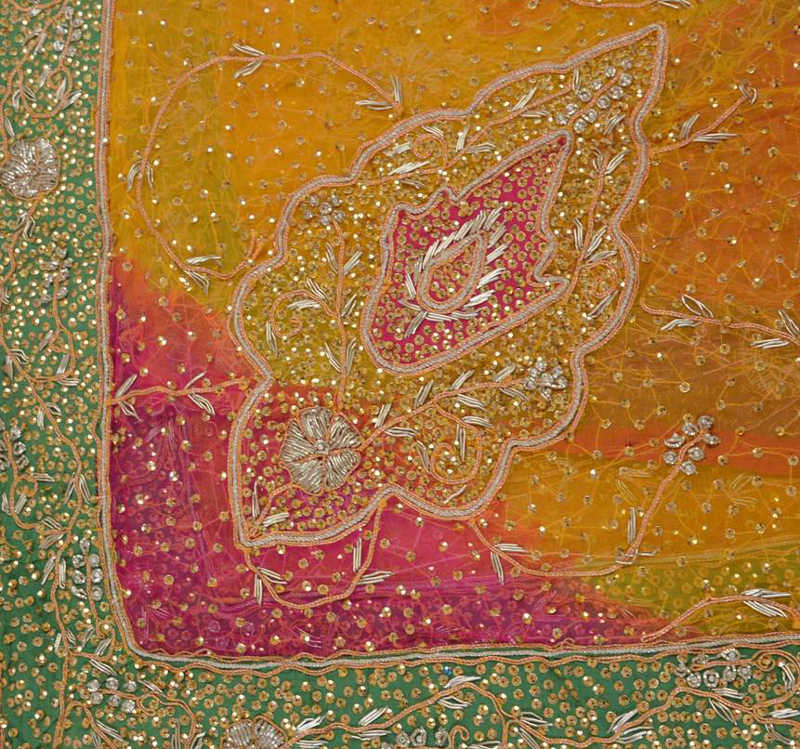===
0451,
3
===

=== |
 |
siraayat : 'Travelling by night; nightly journey; passing from one thing (or part) to another, penetrating, penetration, pervading, creeping (in or through)'. (Platts p.651)
FWP:
SETS == GRANDIOSITY
MOTIFS == NIGHT/DAY
NAMES
TERMS == 'MEANING-CREATION'; MOODAs SRF notes, the refusal to specify what, if any, 'effect' was observed in the morning is an excellent device. It leaves the nature of the 'night-journey of tears' entirely open to speculation. Perhaps there was no 'effect' at all, and this sarcastically reported observation humbles the speaker's pride. Or perhaps there was some other minor or useless effect, or even a counterproductive effect. We are invited-- and, of course, required-- to decide for ourselves.
Along those lines, one more possibility occurs to me. In the second line, if we take ko to mean ke liye , then the effect of the night-journey of tears was-- to bring on the dawn. This 'effect' might be taken as another form of sarcastically-noted failure: since dawn was going to come anyway, the claim of bringing it on is absurd and nonsensical.
But there's another possibility: that the claim that the night-journey of tears had brought on the dawn was serious, and even justified. This possibility is evoked by one of my favorite verses:
{7,10}.
In the case of {7,10}, what might be called the cosmic power or 'grandiosity' reading is made clearer. But in the present verse, I don't see how it can be ruled out. And this reading also opens up the enjoyable possibility that the speaker's 'arrogance' is not chastened, but rather reinforced, by the result reported in the second line.